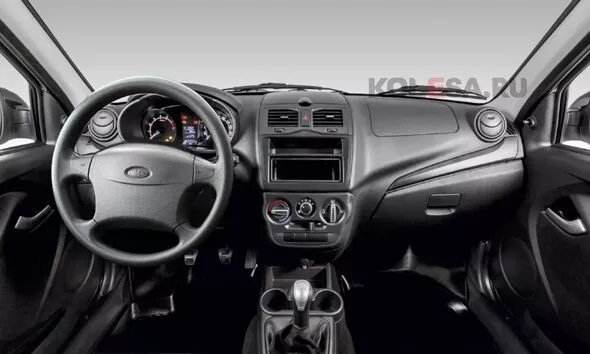

Russia has been hard hit by sanctions rolled out after its invasion of Ukraine and the automotive industry has been hit particularly hard, The Guardian reports.
Many auto suppliers shut down Russian operations, and along with sanctions, it’s impacting the availability of used parts. The Guardian spoke to Eldar Gadzhiev, a Russian citizen who leases out a small fleet of four taxicabs in Moscow. When his Skoda broke down in April, Gadzhiev was despondent. “I understood that I was in a bad situation. I thought: the repairs are going to cost as much as the car,” he said.
Shedding light on the current state of the Russian market, Gadzhiev noted that dealerships were useless. Other shops supplying car parts had monthslong waiting lists. Eager to get his car back on the road, he posted about his issues on public chats. He was quickly contacted by a range of underground parts dealers offering what he sought.
Suspecting many of the dealers are trafficking stolen parts, Gadzhiev was reticent to get involved: “It’s the return of banditry,” he said. He spent eight times more than usual to get his Skoda back on the road, according to The Guardian.
Others quote prices rising up to tenfold in the country as parts distributors have been all but cleaned out in the wake of sanctions. “The central warehouses closed at the end of February, and even the custom parts that arrived were not given to us. They returned the money and took all the parts back abroad,” says Aleksei Atapov, who runs a car repair company in Moscow.
Online general retailers like Russia’s Wildberries have added automotive lines, and the Russian government has announced policies to allow for importing substitute parts. For now, though, the problem rages on: “All the substitutes ran out very quickly,” Atapov said.

New cars aren’t immune from the problem, either. Automakers have pulled out of the belligerent country, with Renault notably selling AvtoVAZ and Renault Russia to Russian interests for just one ruble each in May. Other automakers, including Mercedes-Benz, VW, Ford, and Toyota, have all wound down operations or pulled out entirely.
The government’s response has been to put the “sanction-proof” Lada Granta Classic into production. The Granta first entered production in 2011 in partnership between AvtoVAZ and Renault. The car has been retooled to face new supply chain realities after Renault’s exit. It will now ship with no airbags, satellite navigation, ABS, or seatbelt pretentioners. The car is expected to only meet 1996 European pollution standards.
It’s a similar story to the one playing out in Russia’s aviation industry. Without Boeing and Airbus to supply parts for hundreds of stolen airliners, the planes have already been banned from Chinese airspace. The planes will shortly become worthless, as the use of bootleg parts to keep them running will make them too dangerous to fly in most jurisdictions worldwide.
The war in Ukraine is sadly raging on with no end in sight. In the event that hostilities end, restoring supply would take many months, if not years. Western companies would also be reticent to do business in the country given the turmoil that has ensued thus far. It’s likely that both new cars and spare parts will remain in short supply in Russia for some time to come.
Editor’s Note: A previous version of this story appeared with a headline that incorrectly identified the age of the car. The Lada Granta Classic began production in 2011 and the current car may use parts from the mid-1990s.
Got a tip? Let the author know: lewin@thedrive.com